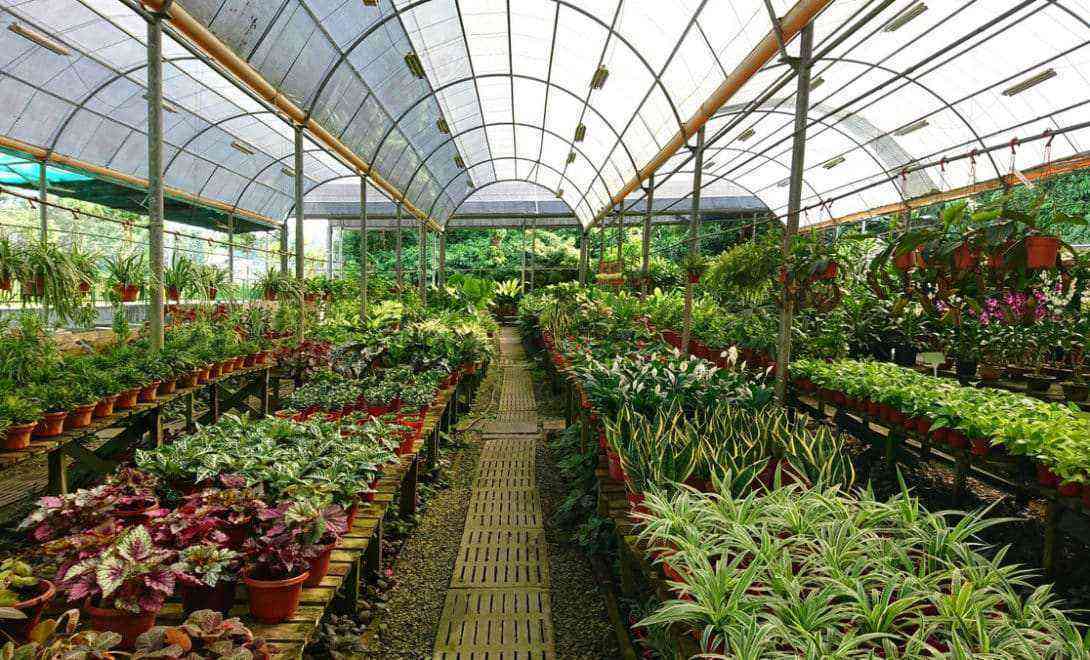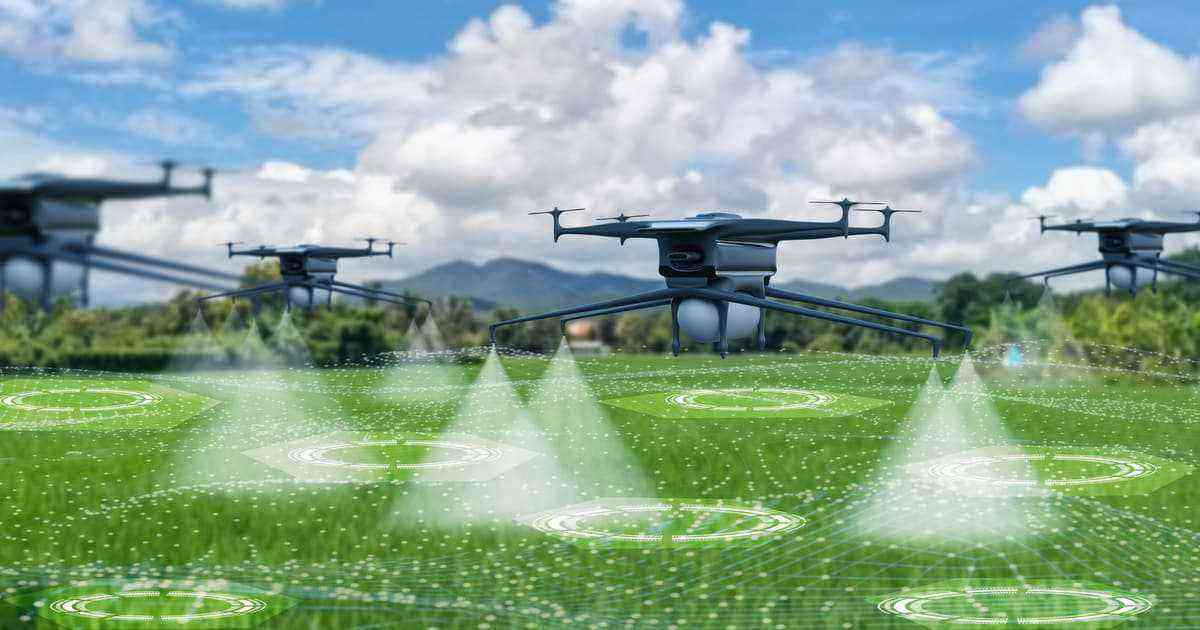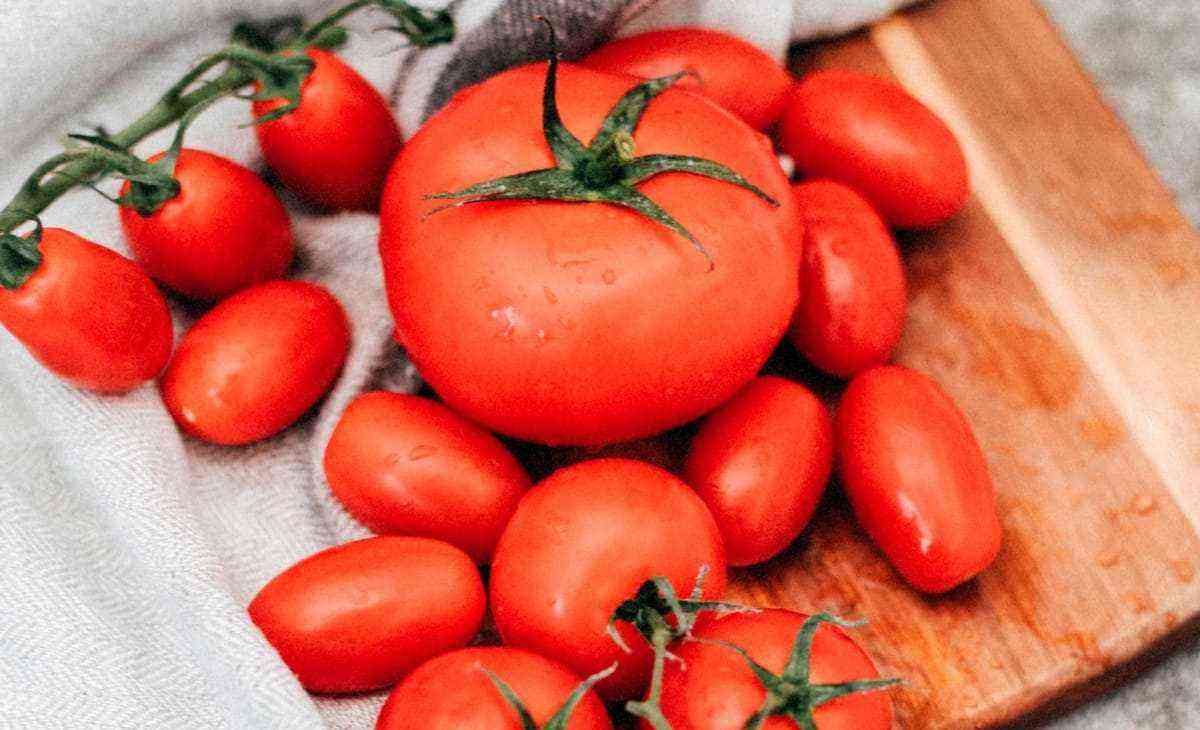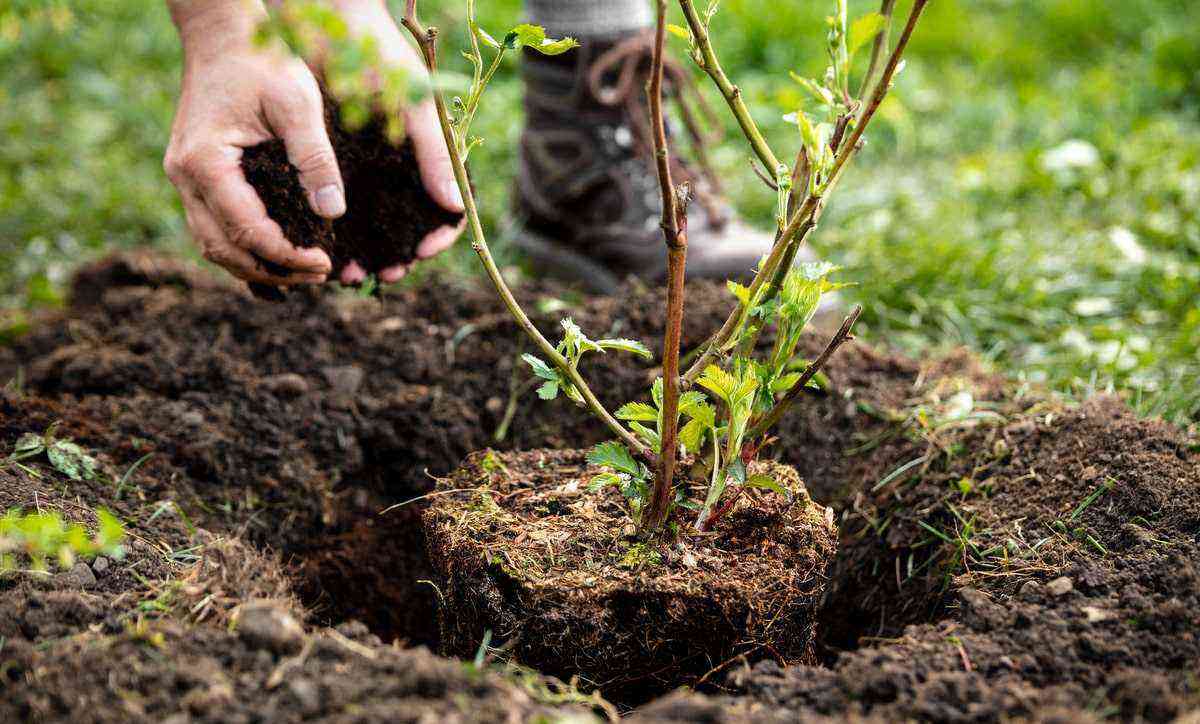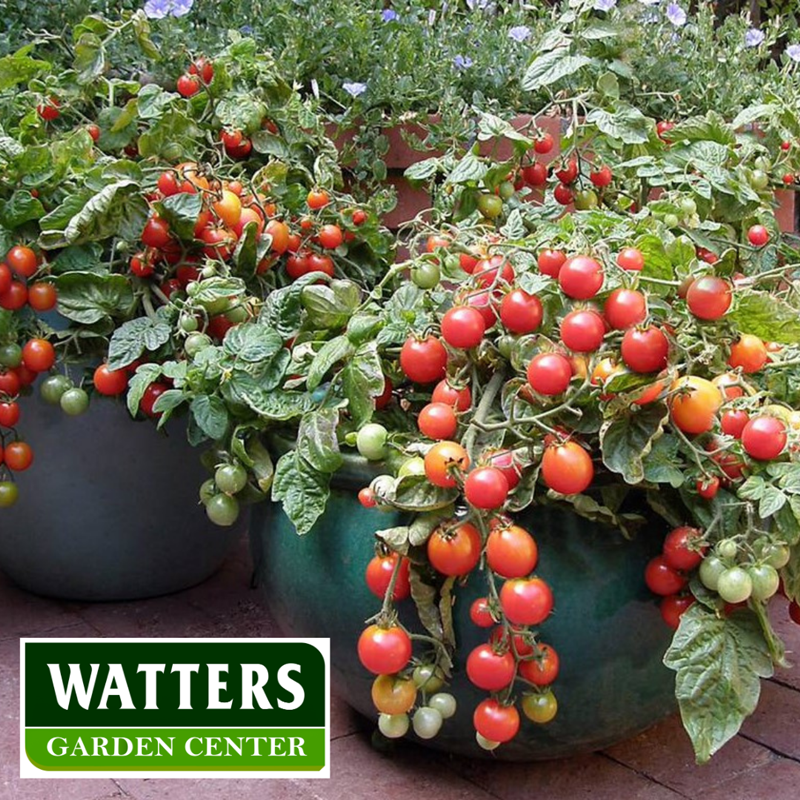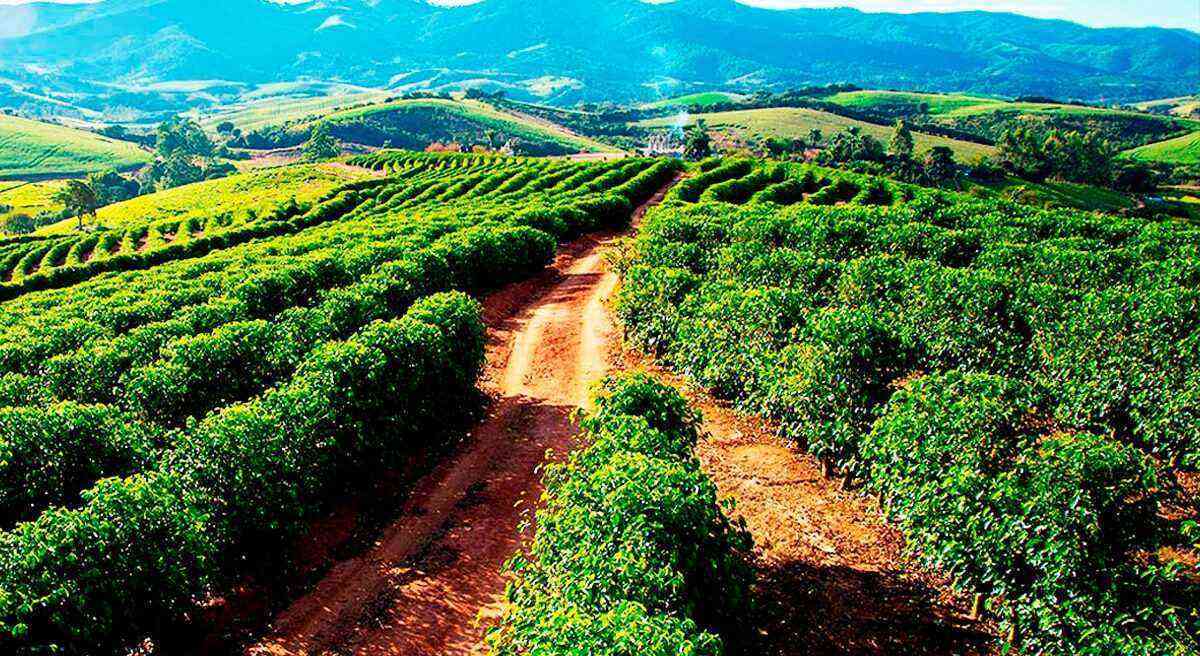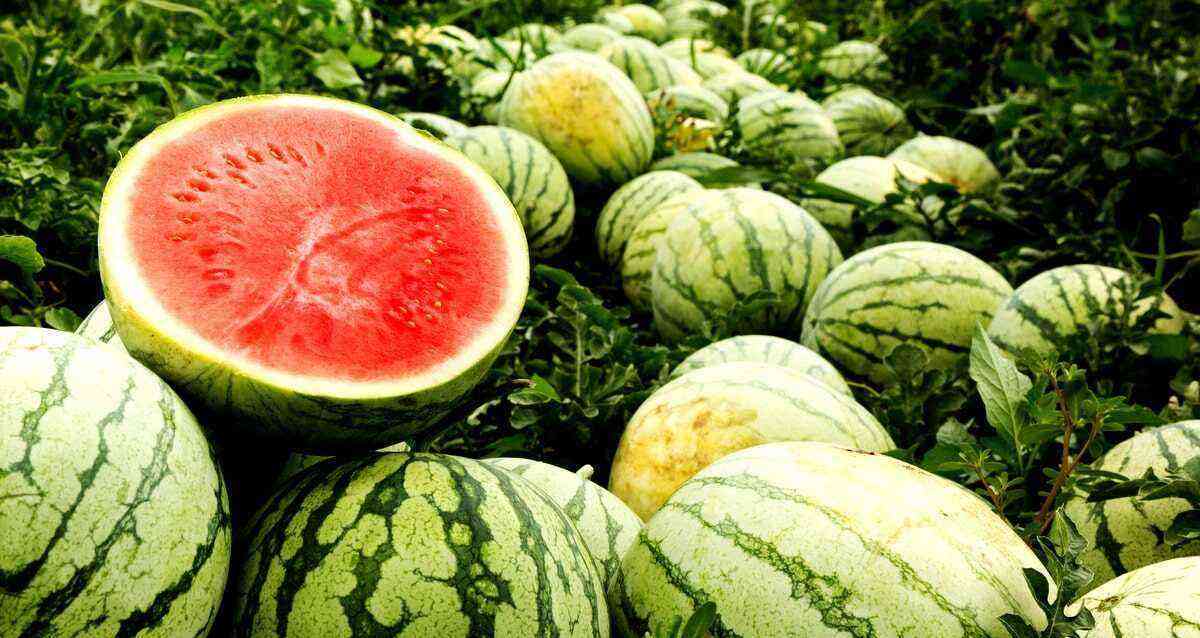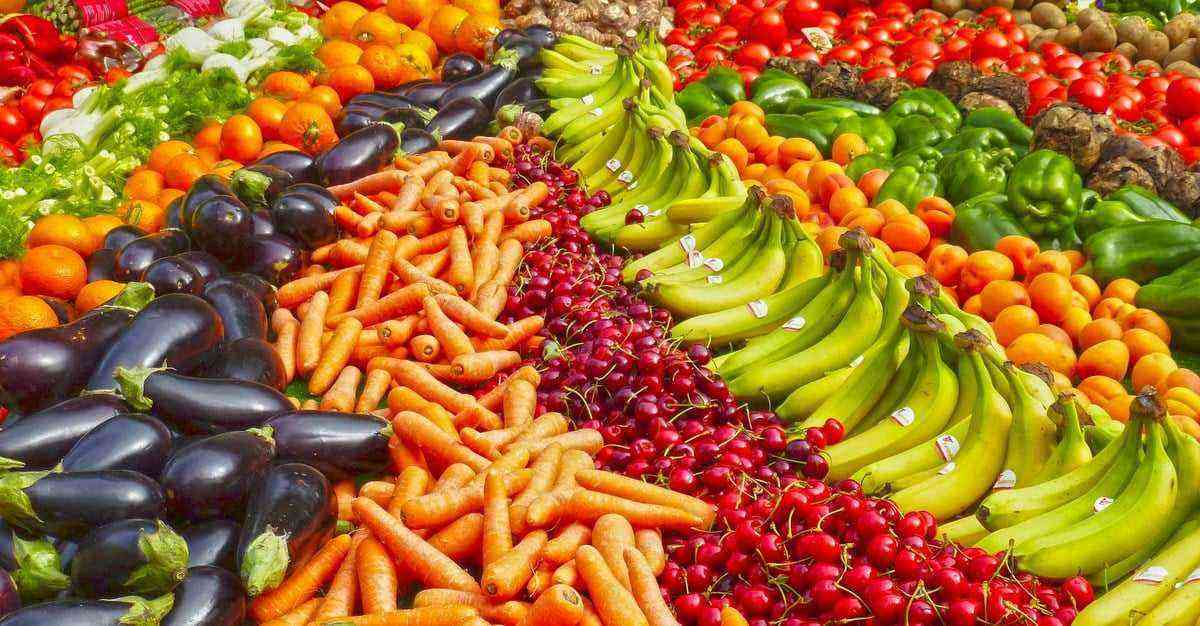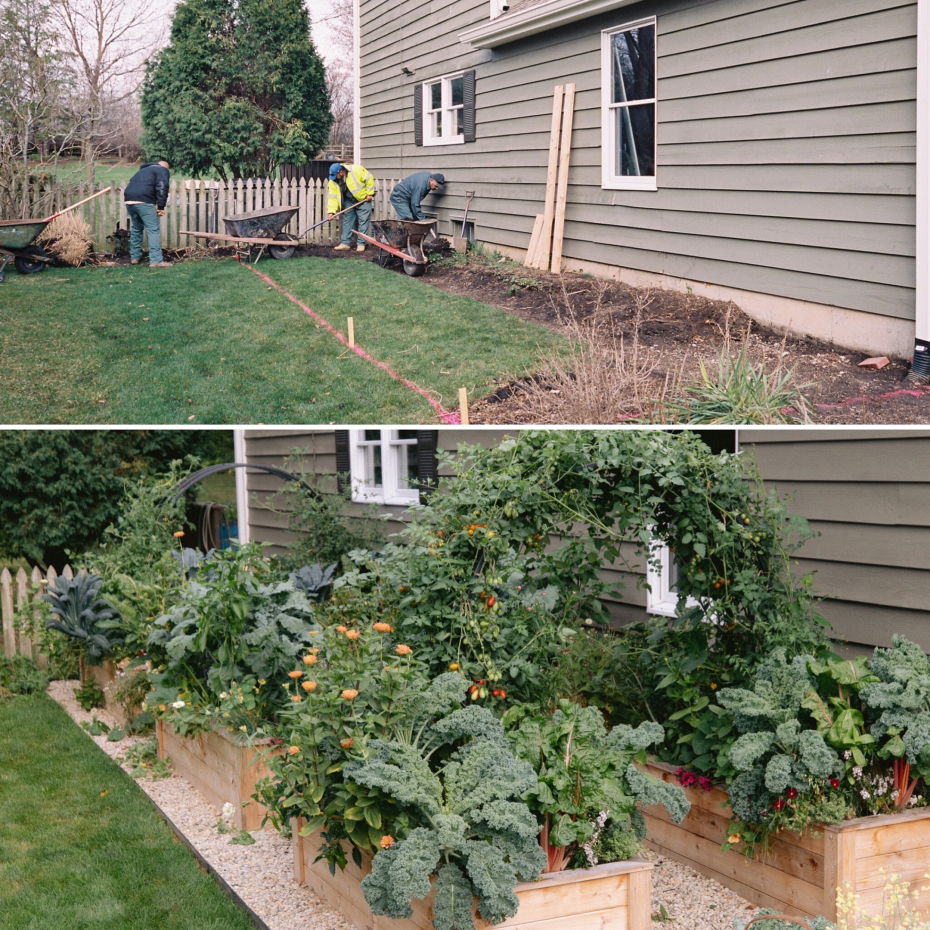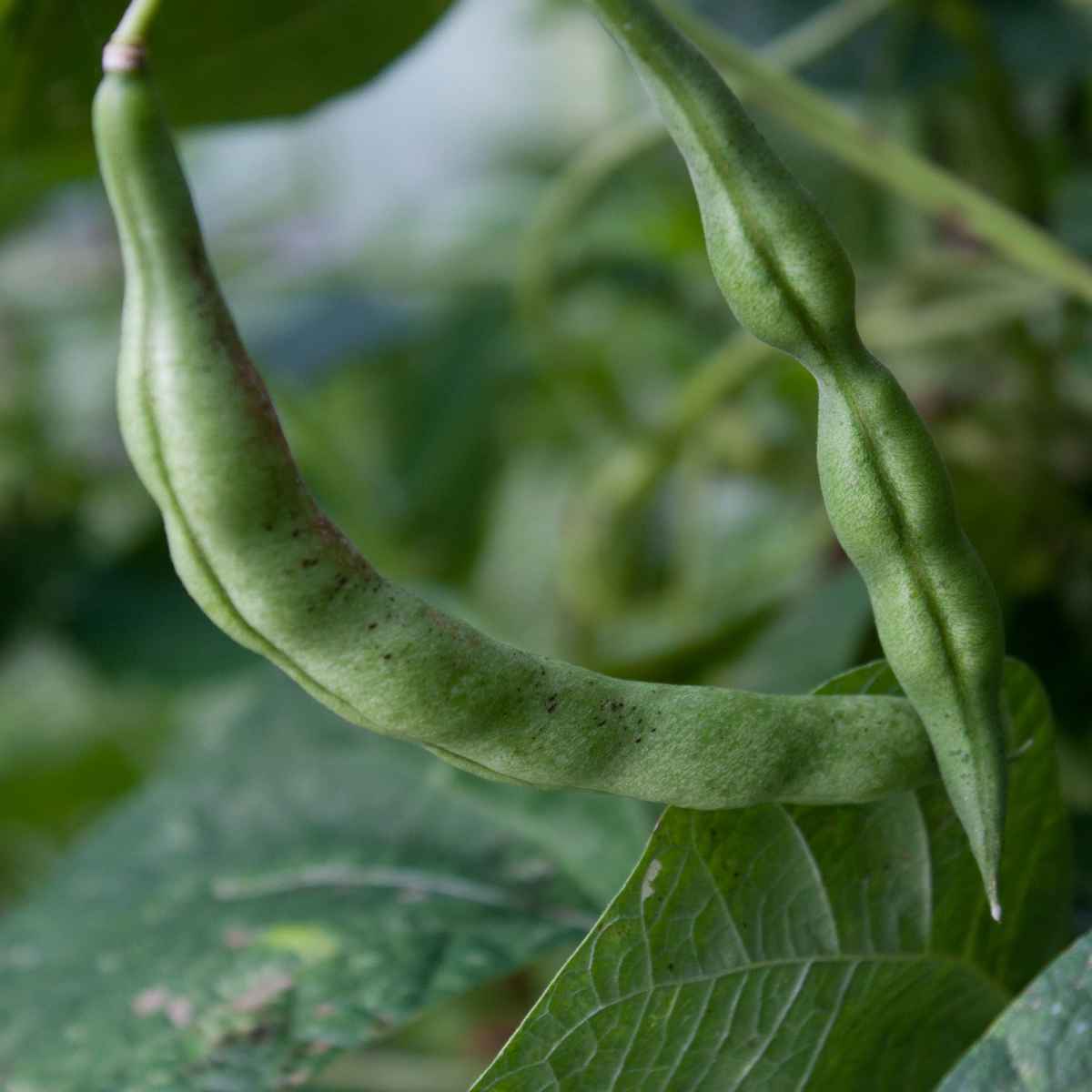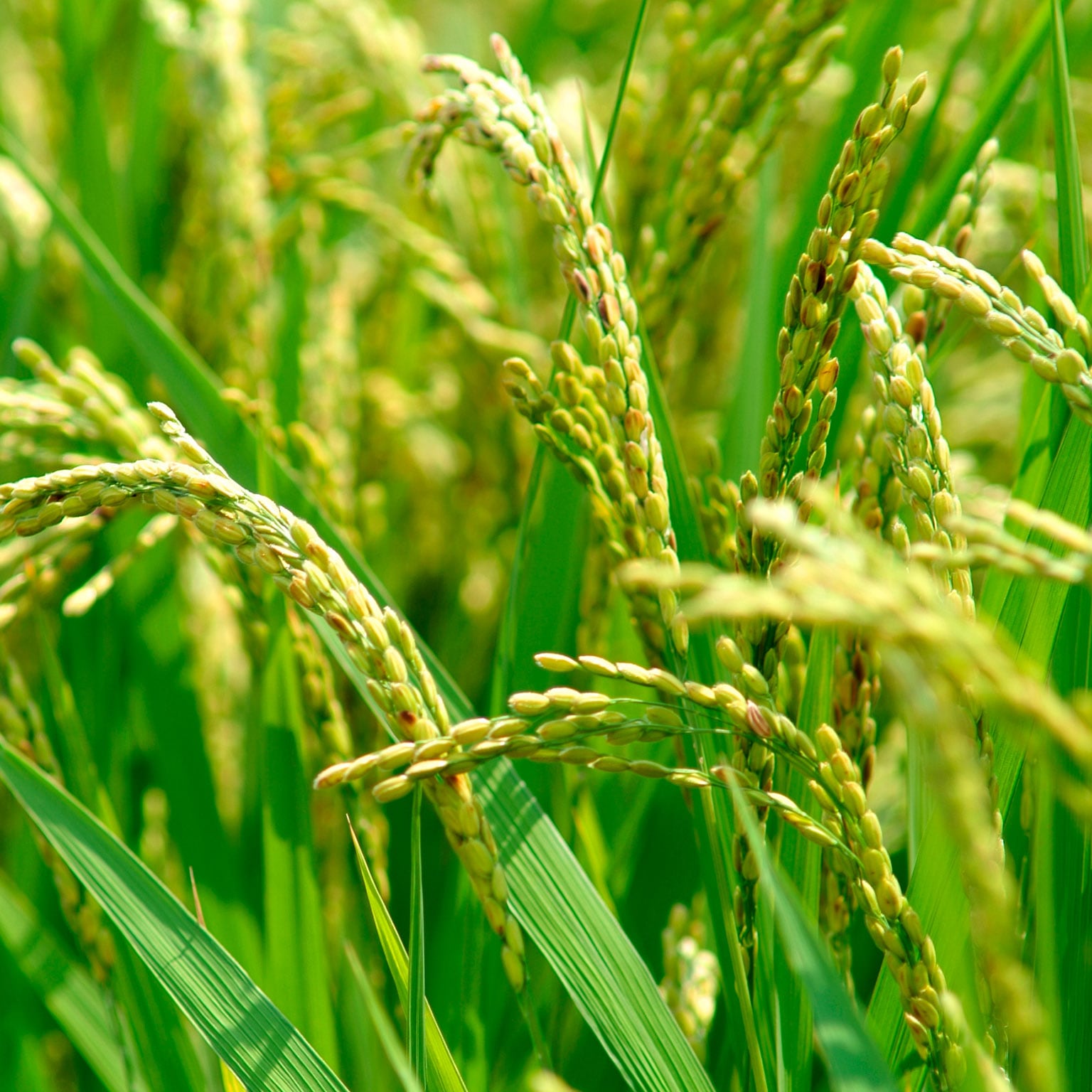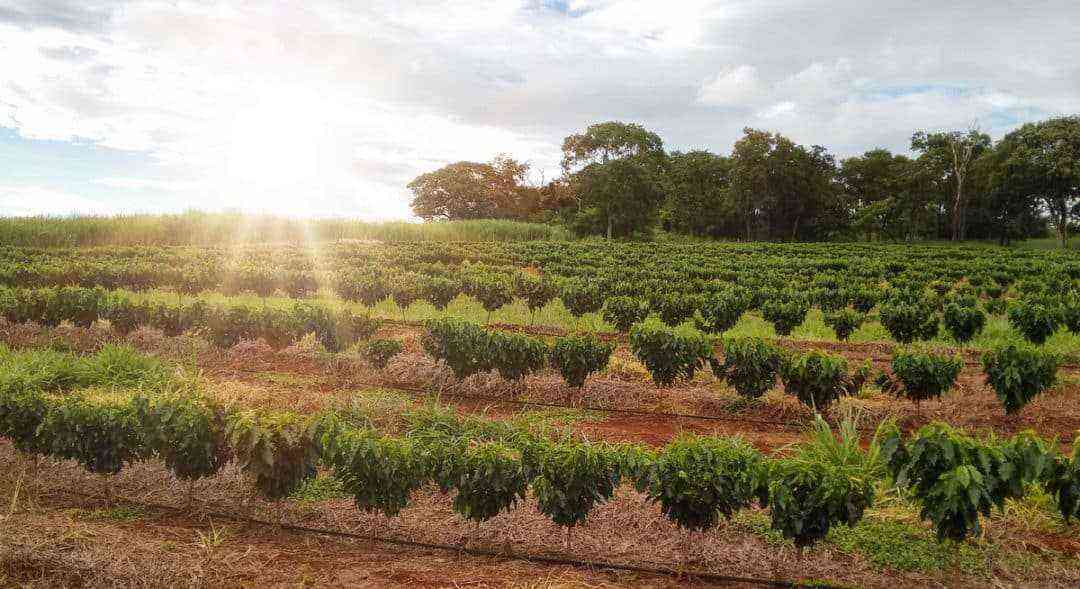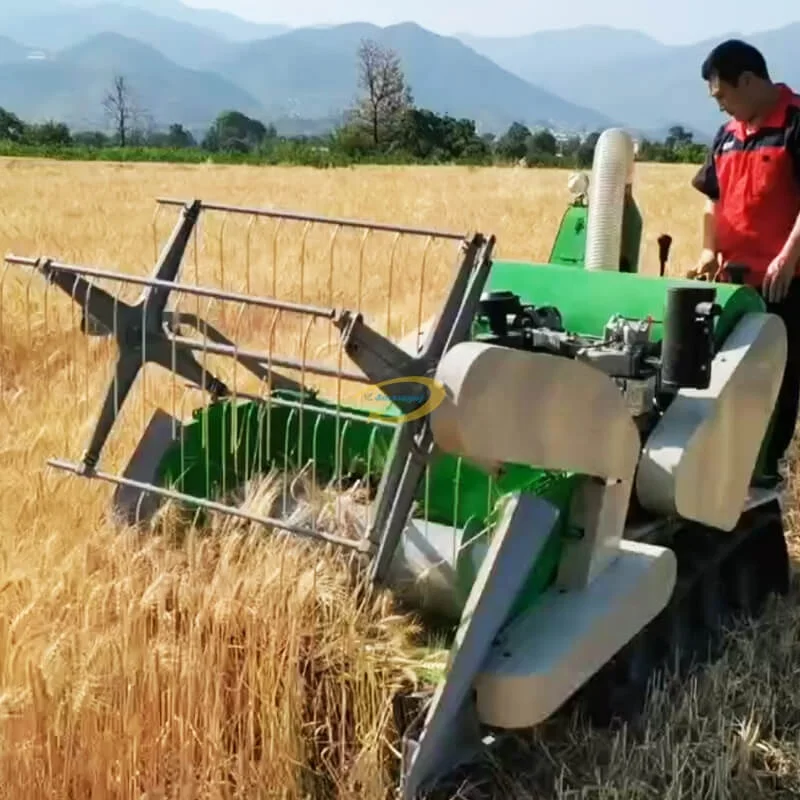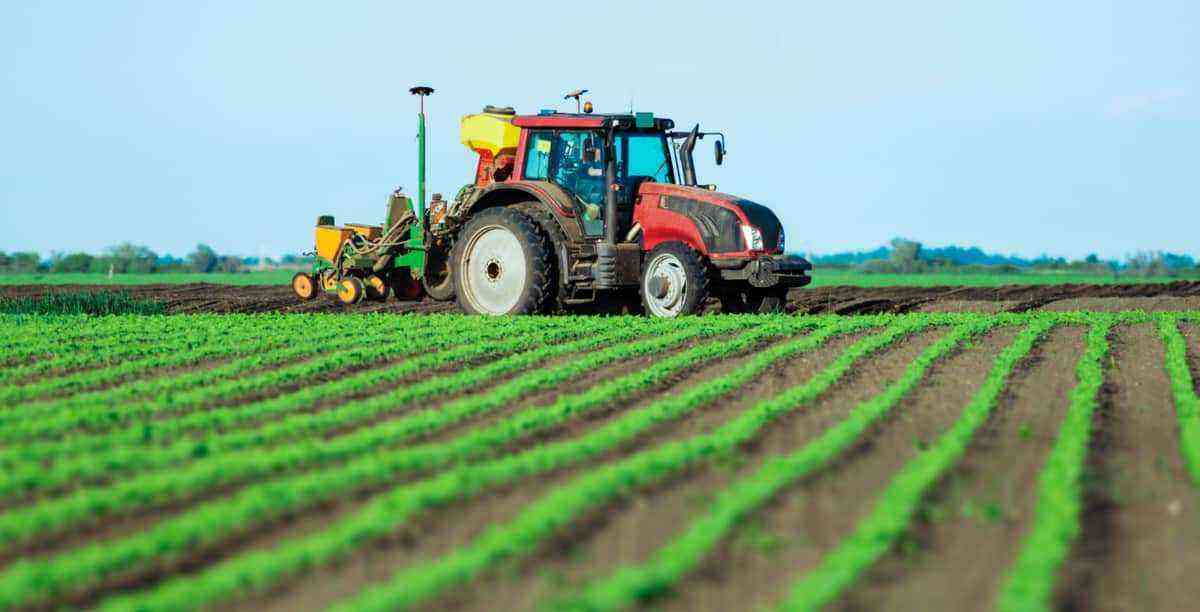If there is a profession that is on the rise and evolves more and more in its processes, relying on increasingly precise and advanced technological instruments, it is agronomy. The agronomist or agronomist works to improve and conserve the quality and productivity of crops and livestock.
As he knows cultivation techniques well, he can work at any stage of the production chain – from planting to harvesting, from cattle pastures and also in the processing and sale of agricultural products. It monitors soil preparation, combats pests and diseases and controls the harvest, storage and distribution of the crop.
Also read: Understand how climate influences agriculture
Technology comes to the field
To improve the productivity of crops and livestock, the monitoring of land, climate and the quality of production, Brazilian agribusiness has been adopting technological solutions.

Agronomy is making increasing use of technology to improve agricultural production
Big data (to create reports and forecasts on actions taken on farms, such as pest control), drones (for tracking and mapping properties) and e-retail platforms are tools used by agronomy in agricultural production.
This is good news for agronomists familiar with new technologies.
The work of an agronomist
Rural administration: manage production units on rural properties, from purchasing planning to managing equipment and human resources.
Health defense: fight pests and prevent diseases in crops and livestock.
Economics and agro-industrial management: plan and manage the distribution and sale of agricultural products. Coordinate rural credit programs for cooperatives and small producers.
Rural engineering: design works on rural properties, such as leveling the soil and installing irrigation systems.
Teaching: teach in public or private vocational education schools or colleges.
Fitotecnia: monitor the cultivation and harvesting of crops, seeking to increase productivity through seed selection, the use of fertilizers and pest control.
Food industry and sale: oversee the production and pricing strategy for foods of animal and plant origin.
Environmental management: explore natural resources, aiming at environmental preservation, in activities such as preparing environmental impact reports, recovering degraded lands and coordinating reforestation projects.
Animal and plant improvement: carry out research and develop techniques aimed at improving production.
Agroindustrial production: manage the industrialization of agricultural products. Research new technologies and products.
Forestry: recover devastated forests and take care of planting and managing reforestation areas.
Solo: preserve fertility and control the physical properties of soils, prescribing their management.
Zootechnics: control the production of pastures and grains used in agriculture. Plan animal creations.
Agronomy job market
Agribusiness represents 23% of the Brazilian GDP, according to the Center for Advanced Studies in Applied Economics at Esalq-USP, and agriculture is primarily responsible for this performance.

Agronomy is one of the most important and promising professions in agriculture.
The Ministry of Agriculture projects that, in ten years, the area of soybean planting will grow 30% in relation to the current one. Crops of sugar cane, corn, ornamental flowers and olive trees (for olive and oil production) are also expected to expand. The positive numbers show that agribusiness remains heated, increasing the demand for agronomy professionals.
As a large part of Brazil’s exports are commodities, there are the best opportunities for agronomists, in government agencies, in exporting or importing companies, in food, seeds, fertilizers and equipment industries, or in large rural properties.
The agricultural manager, responsible for managing the production units, is also required. He takes care of agricultural planning, budgeting, cost control and production logistics. It also increases the production of organic food.
There is a good supply of agronomy work in regions with large tracts of land dedicated to agricultural production, such as the Southeast, South and Midwest. There is prospect of agricultural expansion in the North, in Pará and Tocantins, and in the Northeast, in Maranhão and Piauí.













